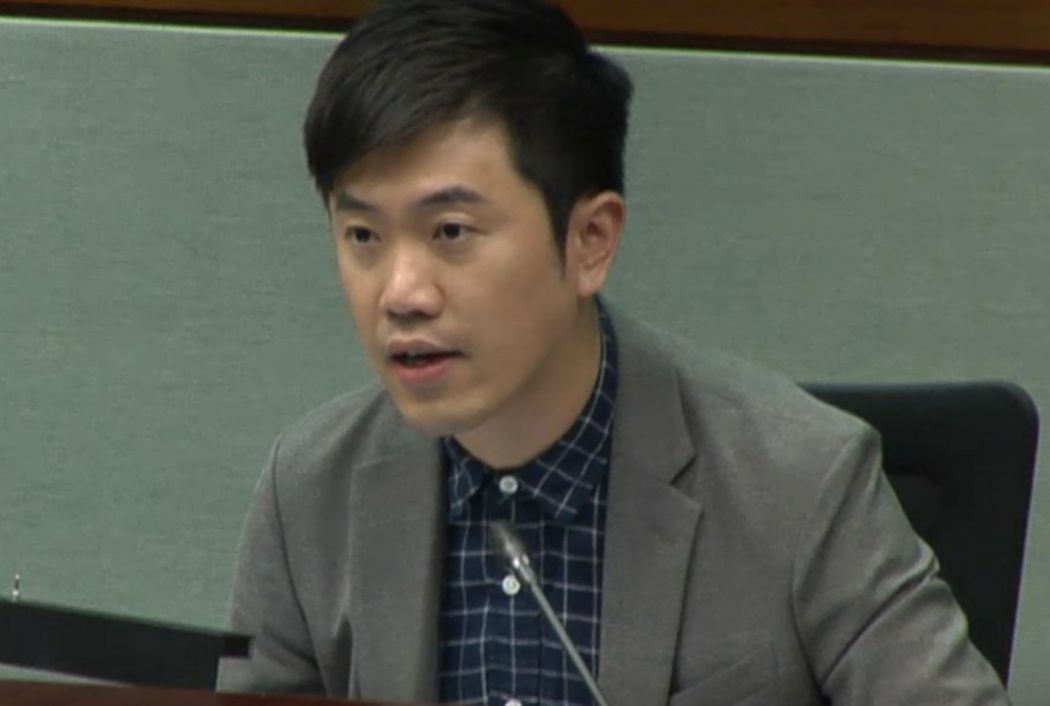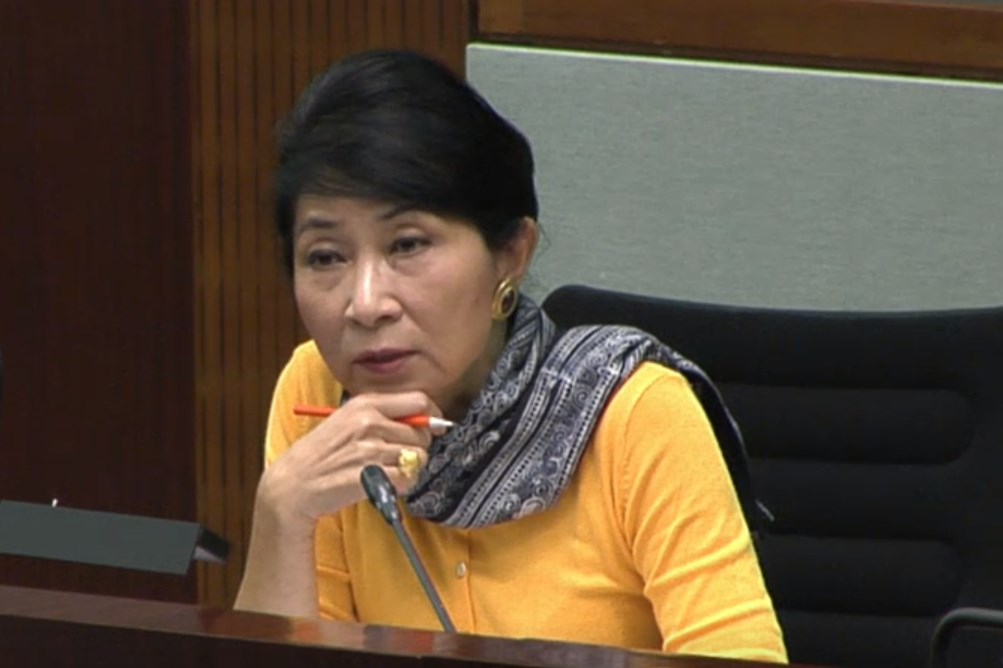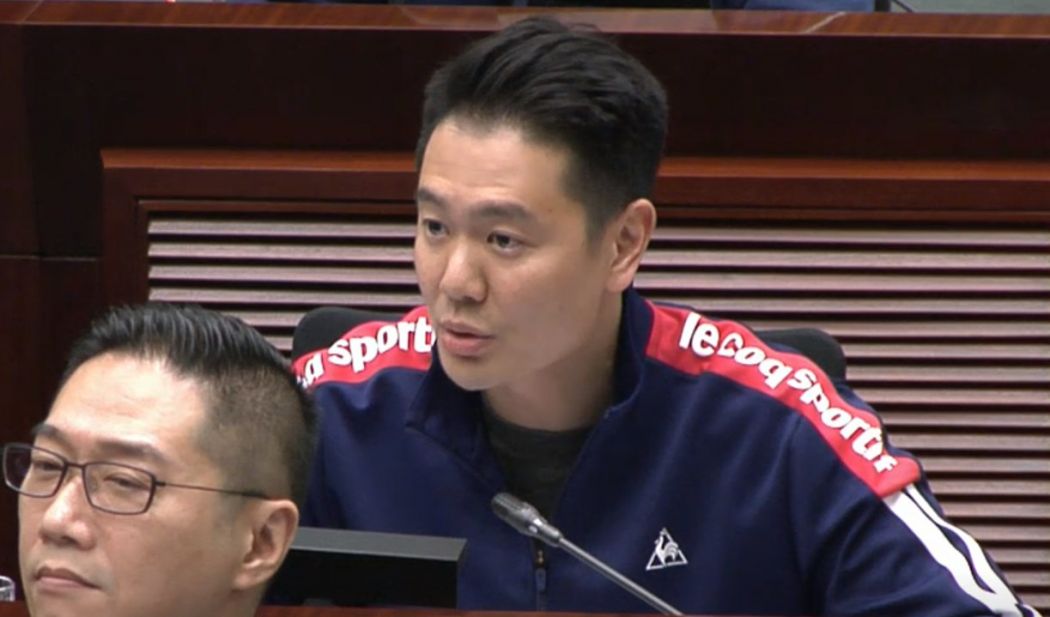Hong Kong’s security chief has said people will not be extradited to the mainland over political cases if the government’s proposal for a case-by-case fugitive transfer system becomes law.
The new plans were made in response to a murder committed in Taiwan involving a pregnant 20-year-old Hong Kong woman. Hong Kong authorities arrested the woman’s boyfriend in the city, but were unable to charge the suspect with murder in local courts.
The proposed system, which would work on a case-by-case basis, would allow Hong Kong to handle extradition requests from jurisdictions with no pre-existing agreements. Pro-democracy lawmakers have demanded that the government explain why the new proposal not only included extradition mechanisms with Taiwan, but also with mainland China.

Under the plan, an extradition request would only go through the chief executive and the courts – the legislature would not be involved.
At a security panel meeting at the legislature on Friday, Secretary for Security John Lee said that – under the current Fugitive Offenders Ordinance – a person would not be surrendered if the courts believed that the relevant offence was of a political nature.
Lee added that the person would also not be surrendered if the courts believed that the surrender request was made for the purposes of prosecuting or punishing the person on account of their race, religion, nationality or political opinions. Nor would any extradition take place if the courts believed the person – if surrendered – could be prejudiced at their trial or punished, detained or restricted in their personal liberty on the grounds of race, religion, nationality or political opinions.
“I would like to ask – should we allow someone who committed murder, or sexually assaulted children, or committed rape overseas to live in Hong Kong, harming the safety of our residents?” Lee asked.

Civic Passion lawmaker Cheng Chung-tai asked how political cases were defined: “For example, Gui Minhai and the Causeway Bay Books incident, or cases involving national security – do these count?” he asked.
In 2015, five Hong Kong booksellers went missing, only to re-emerge on state TV in the mainland “confessing” to crimes of helping to run a business “illegally” sending books to the mainland.

Lee said in response that the definition of a political case would have to be determined in accordance with the actual circumstances of the incident in question.
“The courts will have a ruling on that. There are also many rulings from foreign courts that can be referenced,” Lee said.

Lawmaker Claudia Mo asked if the government can exclude mainland China from the new extradition mechanism.
“Hong Kong people do not trust the judicial system of the mainland,” she said.
Lee, in turn, asked Mo: “If the case did not occur in Taiwan, but another jurisdiction without an existing agreement on surrendering fugitives, should I just choose not to handle the case?”

Democratic Alliance for the Betterment and Progress of Hong Kong lawmaker Holden Chow said he supported the new proposal.
He agreed with Lee by saying that the courts have the power to reject surrender requests if the cases are deemed political: “It is not the case that such extradition arrangements will violate human rights,” he said.
